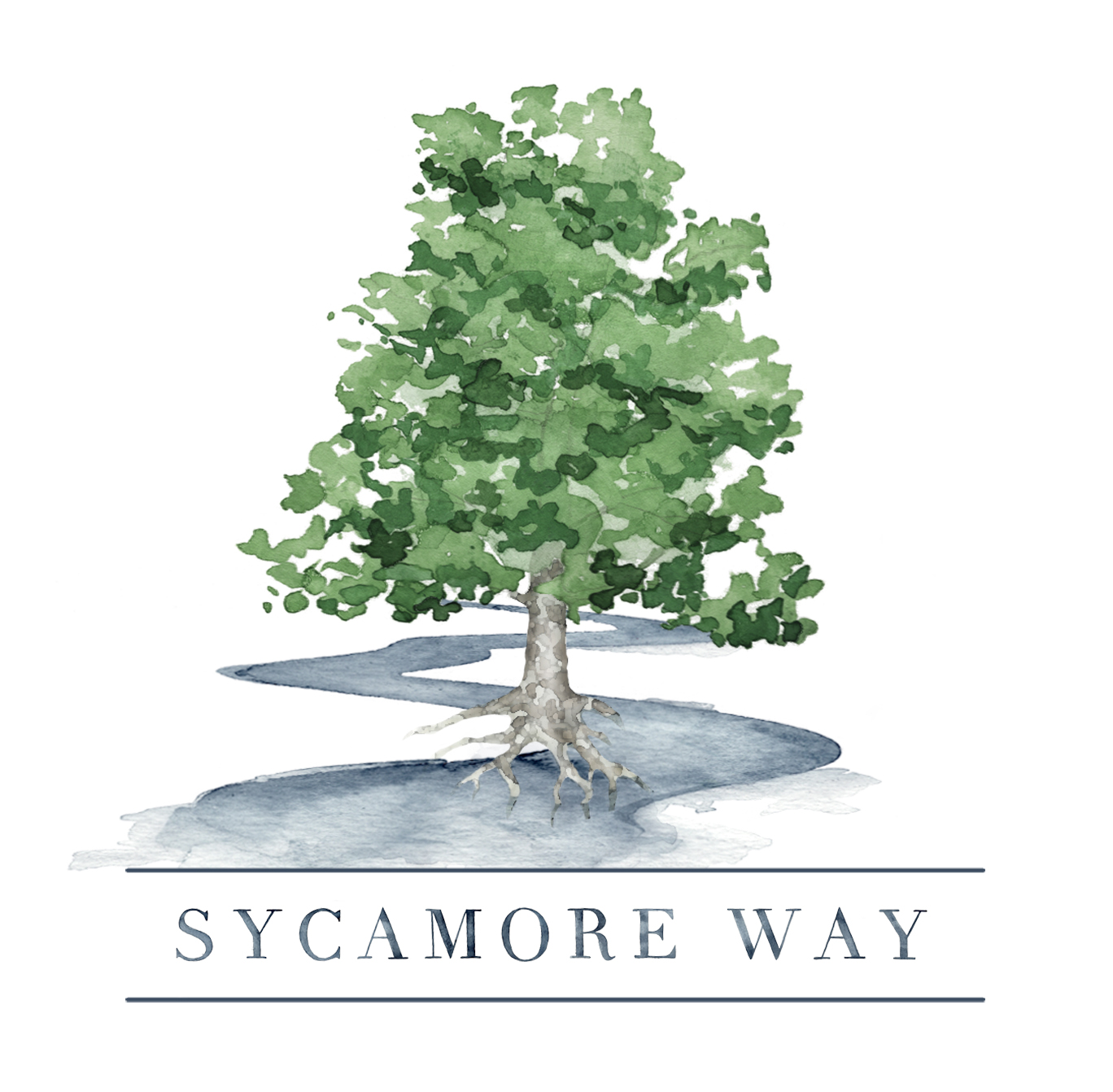Many writers have articulated their definition of soul care, and entire books have been devoted to the topic which a quick Amazon search will reveal. With a mission statement urging organizational cultures to adopt soul care principles and practices, it is vital for Sycamore Way to articulate a definition of soul care in its own words. This definition must then prompt leaders to ask, "does my organizational culture embrace soul care?"
It is pertinent to first define the word soul as simply as possible. The soul is what houses and integrates the entire human experience - mind (thoughts), body (physicality), and heart (emotions). In other words, human vitality resides in the soul. To experience this definition, imagine yourself in the most beautiful, peaceful place that you have been in nature. This might be sitting on a beach, at the foot of a mountain, or on a remote lake surrounded by forest. Before you arrived at this place, thoughts were racing through your head; now. they have slowed down, or completely stopped. Your emotions transition from anxieties about life to calm, rest, and peace. Your body experiences this peace as your breathing slows down and becomes deeper. Your whole person is engaged in this experience. You are experiencing the activity of the soul.
Like a plant needs water and sunshine to grow, the soul has to be nurtured. Soul care, therefore, is the nurturing action that nourishes and sustains human beings to be fully alive - creative, hard-working, joyful, and passionate.
If you ask most people what nourishes their soul, they can tell you without skipping a beat. A few examples might be going on a hike, photographing beautiful places, reading fiction, physical labor, creatively cooking, or playing the guitar. The challenge in considering soul care for organizational cultures is how do the principles behind these personal activities apply? Clearly, most workplaces are not going to give normal work time for an employee to cook or play the guitar. However, there are ways that soul care can be promoted within an organizational culture in order for human beings to flourish. The following is a list of five ideas that I have tested personally in my work:
1) Build a process for team members to discover and articulate their passions and creative energies, and partner with them for these to flourish in their work.
2) Promote lifelong learning by investing in the ongoing education of your team members, granting them time and money to pursue training, certification, or advanced degrees.
3) Encourage intentional disconnection from work in order for team members to be fully present in family and friend relationships, recreation, and other restful activities. Create boundaries and expectations for work communication outside of normal work hours.
4) Take teams on half or full day retreats to beautiful, restful places specifically for the purpose of soul care and relationship building.
5) Cultivate intentional time and space within the work week for team members to build relationships and be known for more than what they do for the organization.
Are any of these ideas ones you can test in your organization? Are there any other creative ideas sparked to consider for your context?


